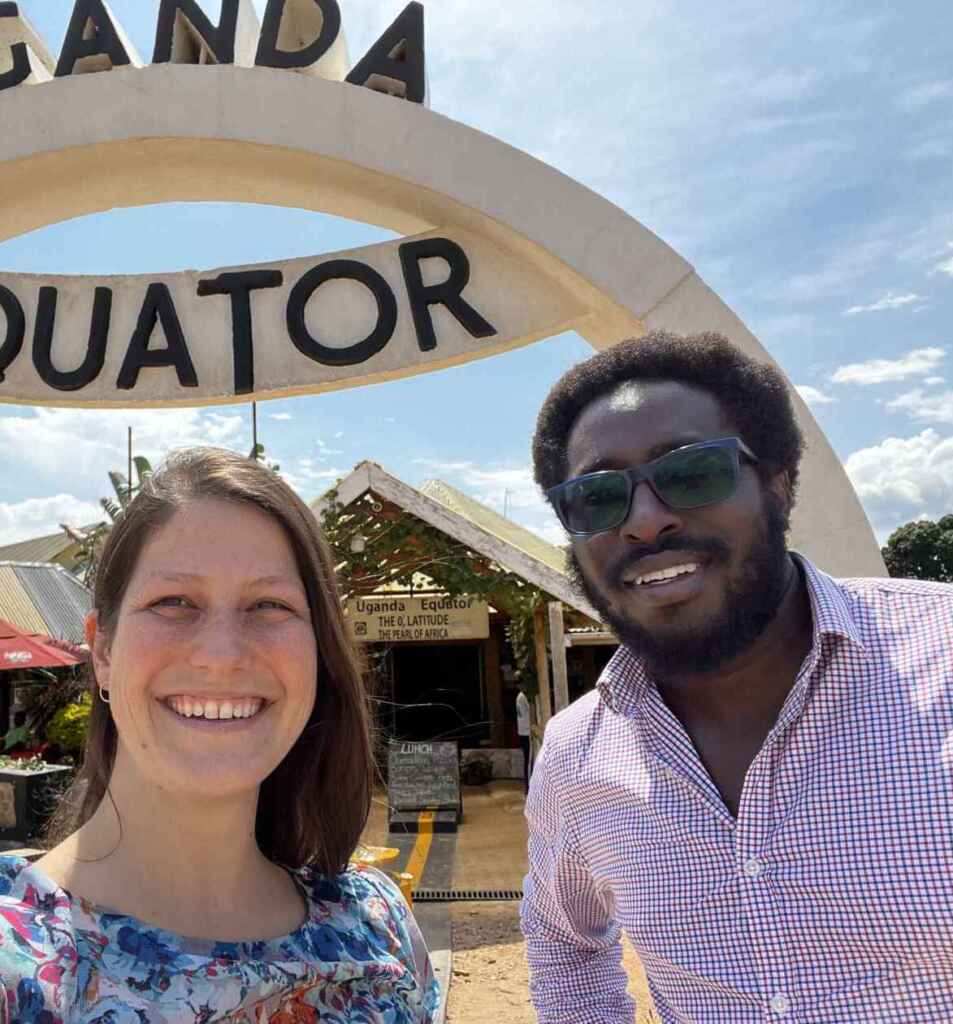Our Projects

Dr. Treasure Ibingira and Dr. Caroline Stephens are traveling to regional referral hospitals around Uganda to support the development centers for trauma care in areas with a high burden of injury.
This work includes a pre-evaluation of existing human and material resources. From this a site-specific intervention is created and tailored to the hospital needs. In general, the program includes training of trauma teams, identification of a trauma corner, provision of protocols for trauma care, and placement of a trauma trolley with critical supplies in the identified corner.
Recently Published
Clinical Practices Following Train-The-Trainer Trauma Course Completion in Uganda: A Parallel-Convergent Mixed-Methods Study
Tang and Kayondo et al., 2023
DOI: https://doi.org/10.1007/s00268-023-06935-4
The KATC team recently published an article in the World Journal of Surgery evaluating the impact of the short-term trauma training on clinical practice. Despite overall positive reception of this training many barriers to application of the skills were identified. Specifically prior participants described challenges with forgetfulness of course material and feeling like “islands of knowledge” when trying to apply the skills. Additionally, many providers described challenges findings appropriate material resources. This qualitative data was supported by quantitative data demonstrating that it took, on average, over 10 minutes to obtain a full set of vital signs and over 20 minutes to place an intravenous catheter for fluid administration.
Current Projects

KATC team traveling to regional referral hospitals
Dr. Treasure Ibingira and Dr. Caroline Stephens traveling to Western Uganda to conduct pre-evaluations of regional referral hospitals.
Creation of regional trauma centers through implementation of the KATC trauma program
We are currently working to implement the KATC trauma program in regional referral hospitals around Uganda. Prior to rolling out our intervention, pre-evaluations are conducted at participating hospitals to understand current resources and constraints. The intervention is then tailored to each sites individual needs. This process also ensures buy-in from participating sites.
The program intervention includes four main components:
- KATC training for all staff that work in Accidents and Emergencies Departments
- Identification of a trauma corner for consistent trauma patient triage
- Creation of a trauma trolley with critical supplies for resuscitation
- Implementation of protocols for trauma resuscitation
This program was inspired by the recently published work by our team demonstrating challenges with application of KATC skills due to lack of team knowledge and challenges locating supplies.
Once the roll-out is complete, we are hoping to demonstrate how this multi-pronged approach could be used to scale-up trauma care capacity throughout Uganda.
Nationwide scale-up of KATC through a "train-the-trainer" model
KATC’s primary training hub since our inception has been the Mulago National Referral Hospital in Kampala, Uganda, where trainings are organized every year for interns rotating through the surgery department. Despite being the largest training facility in the country, Mulago trainees only represent a small fraction of the Uganda’s future healthcare providers.
To fill the greater training gap across the country we created a KATC “train-the-trainer” program where participants are given the skills and knowledge to become KATC trainers for their home institutions.109 providers attended our first train-the-trainer course in Kampala in November of 2018. Two-thirds of KATC participants work at facilities where more than 40 patients come in for evaluation of injury each week. In contrast, two-thirds of participants had never attended a trauma training before.
The participants progressed through our standard three day KATC training followed by a two day instructor course. The instructor course culminated in having future instructors practice by training a new cadre of Mulago interns.
As a result, 26 of our participants became KATC instructors in their home institutions. All in all, by the end of 2019 our train-the-trainer program successfully established training hubs in Mbale, Mbarara, and Gulu Regional Referral Hospitals, which are among largest public teaching hospitals in Uganda.
KATC participants from all across Uganda came to Kampala to join the train-the-trainer program. Half of participants were medical officers, a quarter were nurses, and a tenth were surgeons.
